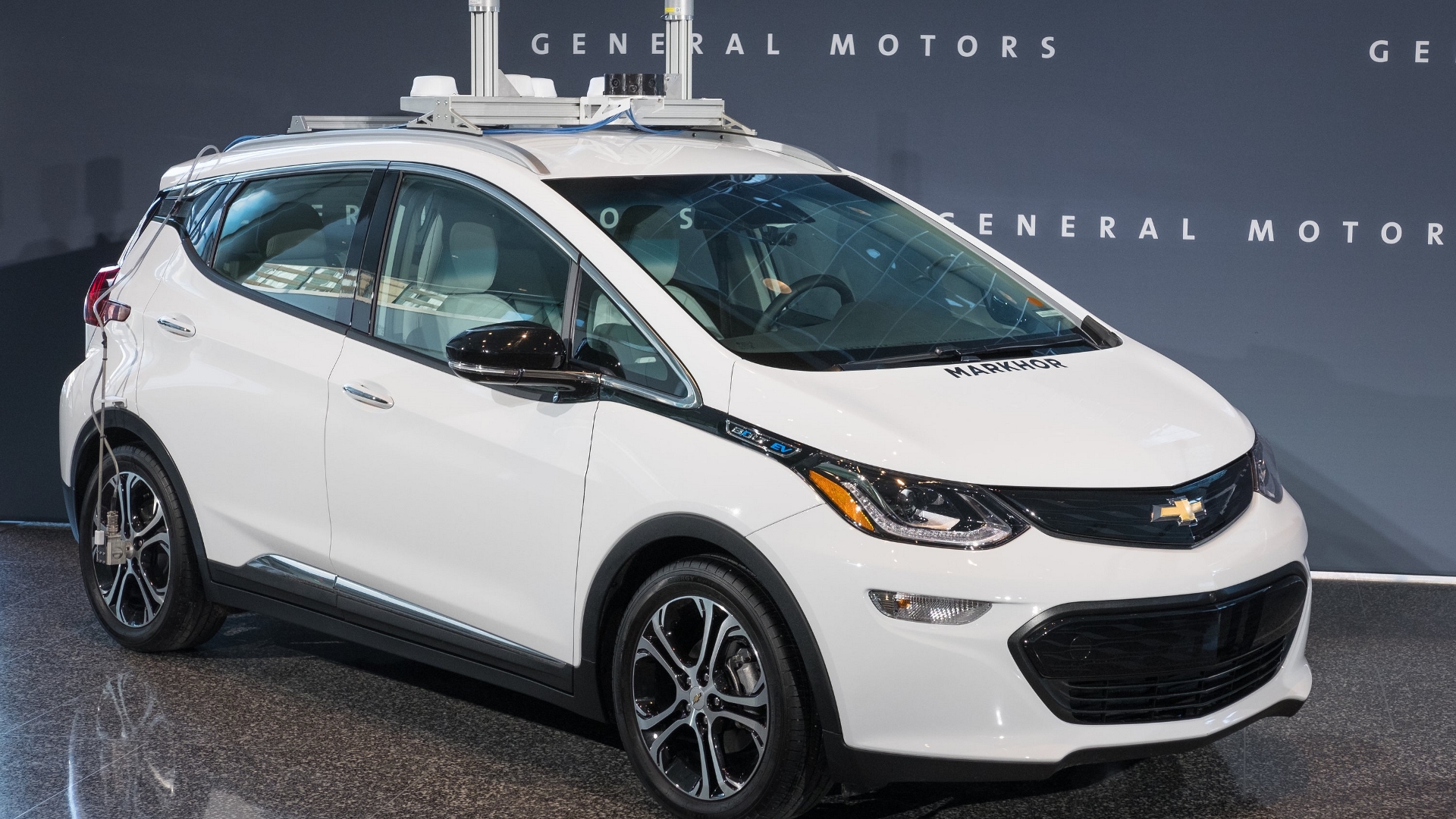

Self-driving cars need high-quality digital maps to orient themselves, so developing maps has become as much a concern for automakers and tech companies as developing the autonomous cars that will use them.
As it continues to test prototype self-driving cars, General Motors’ Cruise Automation division may also be expanding its focus to include high-definition maps, reports The Wall Street Journal. The paper noted that Cruise is currently recruiting a leader for a new HD-mapping team. The job posting says mapping efforts will eventually cover 100 cities.
Cruise Automation started out as an independent company, but was bought by GM last year. Since then, it’s been testing an increasing number of autonomous Chevrolet Bolt EV electric cars on public roads in California, Arizona, and Michigan. Cruise’s move to develop HD maps is one of the few major efforts by an automaker to grow the technology in-house.
Most other automakers rely on partnerships with suppliers and tech companies to get their digital maps. Ford is backing Civil Maps, while Audi, BMW, and Daimler bought Here from Nokia specifically for its mapping technology. Mobileye has enlisted BMW, Nissan, and Volkswagen to help develop crowdsourced maps using sensor data from customer cars.
That sensor data may be the most valuable set of building blocks for digital maps. Self-driving cars “see” their environment as a patchwork of radar and lidar readings and video imagery, and much of that can be recorded by sensors already on cars, like the cameras and radar units that enable driver-assist systems such as adaptive cruise control and lane-keep assist.
But the use of sensor data for mapping also creates some thorny issues. While Tesla has gotten customers to volunteer data for its Autopilot system, and BMW hopes its customers will do the same for various third-party services, some drivers may still view this practice as a breach of privacy. Another question is whether customers should be compensated for handing over their data, which automakers clearly believe is valuable.